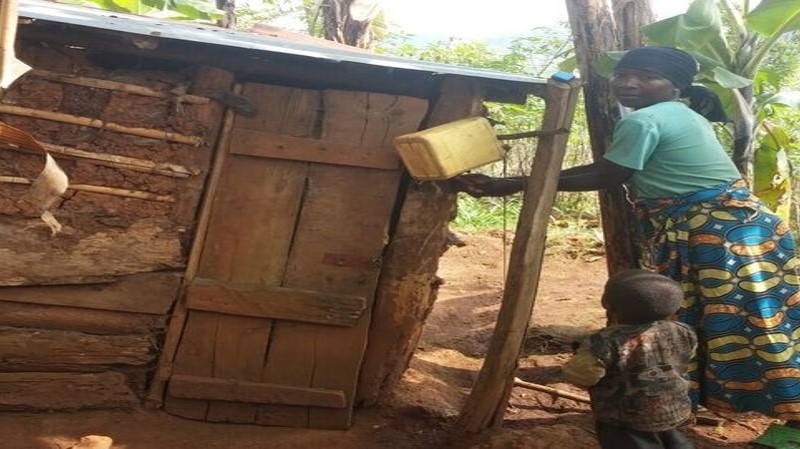Identifying gaps and collaborative partnerships to advance sustainable sanitation training, research and implementation in Tanzania
March 30-31st 2016
Centre for Continuing Education, University of Dar Es Salaam
The Department of Water Resources Engineering at University of Dar es Salaam and Lund University Centre for Sustainability Studies, Sweden initiated this dialogue as part of a SIDA funded capacity building program on strengthening post-graduate training in integrated sanitation management at UDSM between 2015-2020.
The importance of sanitation to prevent disease and avoiding environmental pollution is now well established but the opportunities for sanitation in contributing to energy generation, agricultural productivity and in creating jobs and livelihood incomes for people is less known and prioritized. This workshop provided an avenue for sanitation stakeholders to engage with others similarly interested in the cross-fertilization between sectors and actors to realize the multiple benefits of sustainable sanitation for furthering human development and sustainability in Tanzania and beyond.
It brought together sanitation practitioners, academics and policy makers working directly on sanitation issues in Africa, and other stakeholders with in-direct linkages to sanitation in their work and have an interest in initiating collaborating with other policy sectors/disciplines/organizations. The CEO of Africa AHEAD, Dr. Juliet Waterkeyn, was honoured to be one of four invited speakers and presented on the following topic:
Sustainable Sanitation in East Africa: a comparison of two National Programmes
The presentation summarised two different approaches to the challenge of increasing good hygiene and sanitation behaviour in Rwanda and in Tanzania. Taking information from a recent review of the Total Sanitation- Sanitation Marketing (TS-SM) programme it provided some direct comparison of indicators of handwashing and the construction of latrines.
Whilst there was no increase in handwashing in TS-SM in Tanzania, there was a 55% increase in the CHC programme in Rwanda. It was therefore proposed the efforts are made to fuse the two approaches so as to benefit the community and ensure sustainable sanitation as well as handwashing practice.
The findings of this presentation provoked much discussion and resulted in plans for a collaboration between Africa AHEAD, the University of Dar es Salaam and the East African Health Research Commission who were interested in starting a programme around Lake Victoria which would stretch all around the lake taking in fishing village in three countries.
Click here for full presentation 2016.Sustainable San in East Africa_JW

